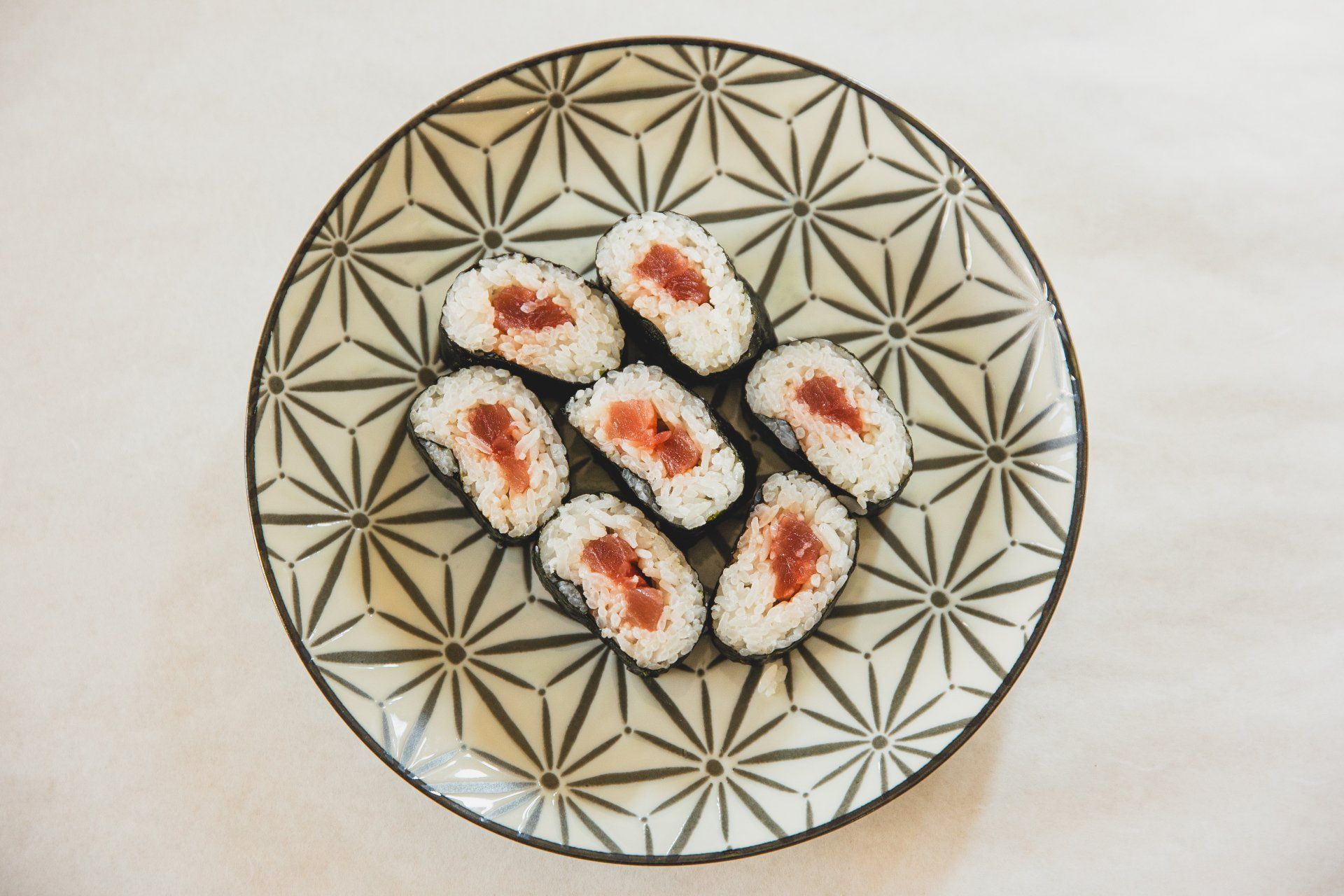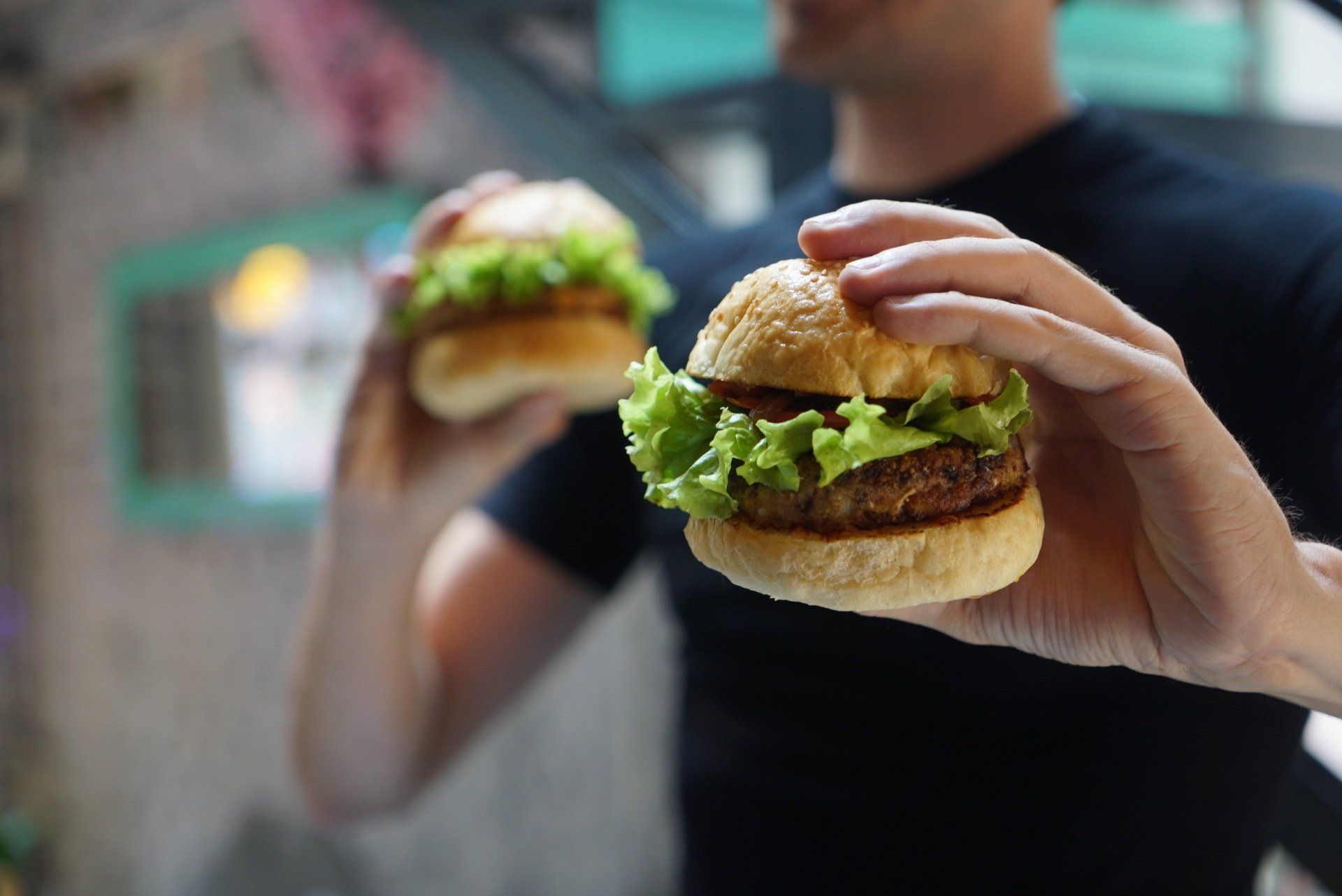Intuitive Eating Tip: Change Food's Meaning
In order to extract the maximum pleasure of food (critical, as we teach in our Intuitive Eating Class For Weight Loss,) we have to change the meaning we've given it. Sounds odd, but stay with me.
We see food as fuel, so most of our conversations revolve around its nutritional value. Is this food good or bad for us? Will it make us skinny or fat? Healthy or sick? Will it energize us or weigh us down? Will it make us bloat or not? Will it cause systemic inflammation? Will it clear the mind or give us brain fog? Will it cause cancer?
Researchers refer to the American eating consciousness, our relationship to and definition of what we eat as “food as nutrients.” We’re obsessed with its nutritional value, its potential for expanding or contracting our health.
This limiting, single-minded focus on food as fuel prevents us from valuing what Epicureanism is all about—the taste, the flavors, the aesthetics, the ambiance, and the physical, emotional, and spiritual nourishment food provides.
Why Bother With Pleasure If It’s Just A Nutrient?
Why set the mood with candlelight if you're eating just for sustenance? Why hold hands and say a prayer in gratitude if food is just energy to get you through the day? Why tap a Tibetan singing bowl to concentrate the mind if food is just for the body?
If food is only important for the nutrients they contain, then it doesn't matter what you serve it on or who you eat it with. Rituals don't matter. Traditions don't matter. Putting it on a flimsy paper plate makes no more difference in enjoyment than putting it on your treasured grandmother’s dishes.
Until we change our consciousness away from “food as nutrients” to something far more expansive, improving the taste, shaping the aesthetics and creating rituals will always feel like add-ons we can toss away when they become inconvenient.
We’ll forget to “eat until the pleasure subsides,” use environmental instead of internal cues to stop eating and insist on bigger and bigger portions.
Your Current View of Food Makes Pleasure An Enemy
If you’re only eating for the nutrients then pleasure becomes an enemy as it will lead you to consume less than optimal nutrients.
If you’re only concerned with the nutritional value of food, its medical advantages, then dieting makes sense. An ethic of restraint makes sense. You must be able to call some foods good and some foods bad, or how will you know what to eat?
The “food as nutrients” consciousness can’t help but develop a moral classification system that tags every food as either healthy and good or unhealthy and bad. This helps you reach the only goal that counts—not pleasure, but the eating of correct nutrients.
This kind of thinking makes pleasure health’s enemy. It means our pleasure-seeking impulses must be subject to restraint and moderation lest we commit the deadly sin of gluttony.
We who resist temptation are considered righteous and moral. Those who yield to it are not. Once you moralize self-control, which “food as nutrients” does, then people are judged as ‘good’ if they abstain and ‘bad’ if they indulge.
If you only pick food based on its nutritional value then you have the moral obligation to resist the pleasure of comfort food (counter to intuitive eating principles), even though it will add to your well-being. This need to control pleasure perpetuates the ideology of dieting. By cultivating strict moral guidelines about what’s right and wrong to eat, “food as nutrients” disciples constantly face sins they’ve got to stop themselves from committing.
Why Our Current Consciousness Keeps Us Fat
Perhaps the biggest problem with a “food as nutrients” consciousness is this: The definition of good nutrition is in a constant state of flux. What we think of as “good” today might change tomorrow.
For centuries, the reigning dietary framework was based on the four humors: blood, yellow bile, black bile, and phlegm. Later, we quantified the value of food in terms of calories.
Then “nutritionism” took over which has alternately veered from the Age of The Vitamin, to the Era of Fortified Foods, to the Generation of Nutraceuticals, and finally to where we are now, somewhere between the fighting fiefdoms of macro (carbohydrates, proteins, fats) and micro (vitamins and minerals) nutrients.
Houston, We Have a Problem
Changing views of what constitutes good nutrition wreak havoc on us. The same moral classification system that once labeled eggs as the dietary work of the devil now says it’s the stuff of salvation.
Nuts and avocados, once feared as a mark of the beast are now signs of the rapture.
In the eighteenth and nineteenth centuries, tomatoes were thought to be poisonous; now they’re glorious.
Yellowfin and skipjack, the tuna varieties most widely eaten today, were largely thought of as “junk fish.” Today, tuna is charmingly known as “chicken of the sea.”
Oatmeal was once only used as animal feed. Until the 1980s, portobello mushrooms were considered an unsightly waste product.
For the past 40 years we’ve vilified fat. These days the devil goes by the name of Sugar. What are we glorifying today that we’ll demonize tomorrow?
More importantly, where do all these psychotic swings in the definition of good nutrition leave people constrained by the consciousness of “food as nutrients?” Right where you’d expect them to be. Lost, confused, frustrated, and angry.
And let’s not forget, overweight and obese.
Because when you pray at the “food as nutrition” altar, with its unstable assumptions of what is and is not allowed, you end up doing some stupid things. Like loading up on sugar to avoid fat, trying twenty different diets, or eating snacks with Olestra, the chemical that came with an anal leakage warning.
A Better Way
If not “food as nutrients” then what? In the next post we're going to break into the vaults of Social Psychology and see what we can come up with.
Academic Studies Informing This Article On Mindful Eating
Nestorowicz, R., Jerzyk, E., & Rogala, A. (2022). In the Labyrinth of Dietary Patterns and Well-Being-When Eating Healthy Is Not Enough to Be Well. International journal of environmental research and public health, 19(3), 1259. https://doi.org/10.3390/ijerph19031259
Quote: People paying attention to the health aspects, pleasure and social dimension of food meaning show higher levels of FWB than people focusing exclusively on health aspects.
Boles, D. Z., DeSousa, M., Turnwald, B. P., Horii, R. I., Duarte, T., Zahrt, O. H., Markus, H. R., & Crum, A. J. (2021). Can Exercising and Eating Healthy Be Fun and Indulgent Instead of Boring and Depriving? Targeting Mindsets About the Process of Engaging in Healthy Behaviors.
Frontiers in psychology,
12, 745950. https://doi.org/10.3389/fpsyg.2021.745950
Quote: Meanwhile, interventions targeting mindsets about the appeal of healthy eating increases in-class fruit and vegetable selection more than emphasizing the importance of eating nutritious foods.
Vaillancourt, C., Bédard, A., Bélanger-Gravel, A., Provencher, V., Bégin, C., Desroches, S., & Lemieux, S. (2019). Promoting Healthy Eating in Adults: An Evaluation of Pleasure-Oriented versus Health-Oriented Messages.
Current developments in nutrition,
3(5), nzz012. https://doi.org/10.1093/cdn/nzz012
Quote: These findings suggest that the leaflets would be appropriate to promote healthy eating through 2 distinct approaches (health and pleasure paradigms) and propose that different effects on attitude could be observed from these 2 approaches.










